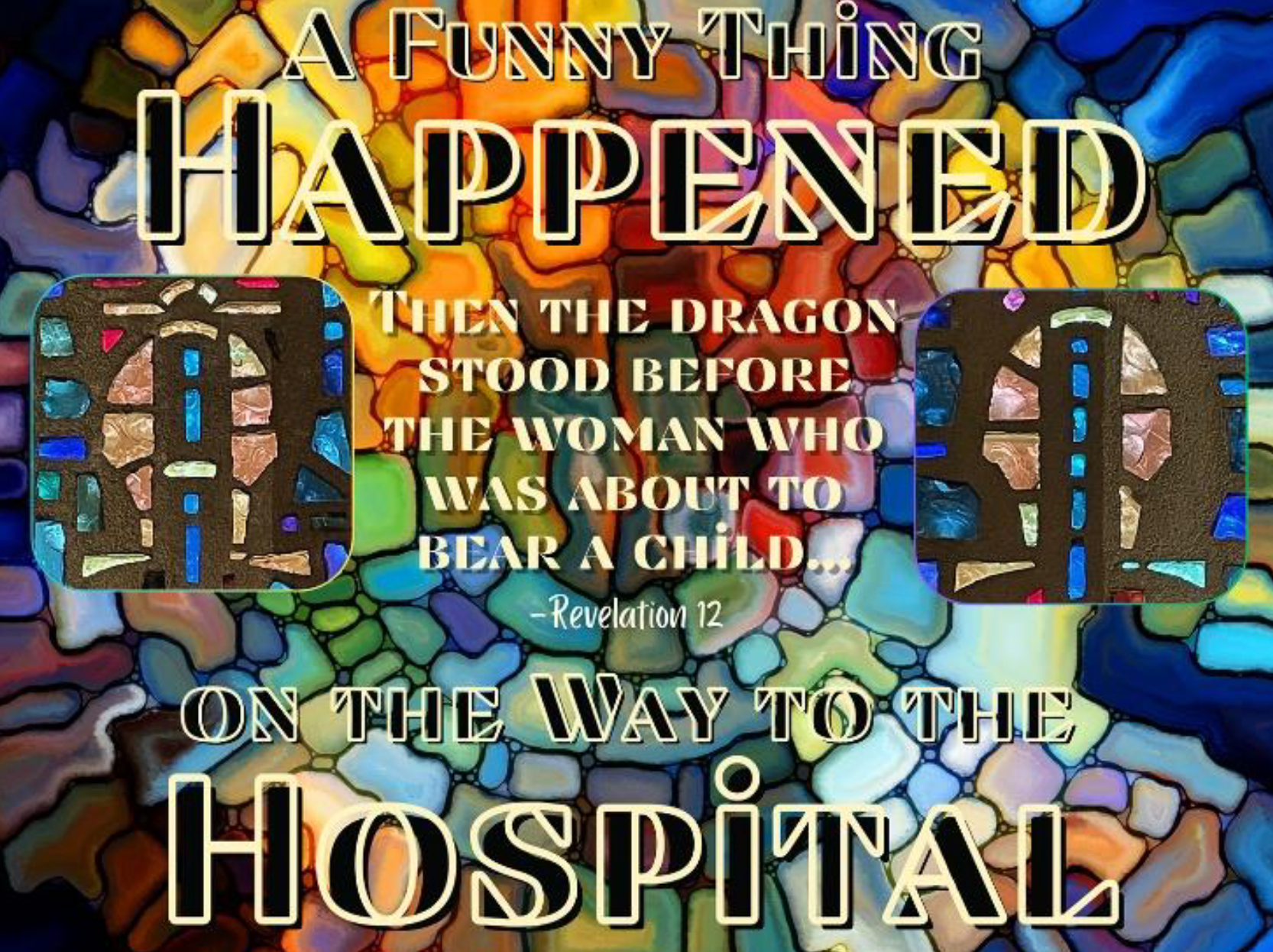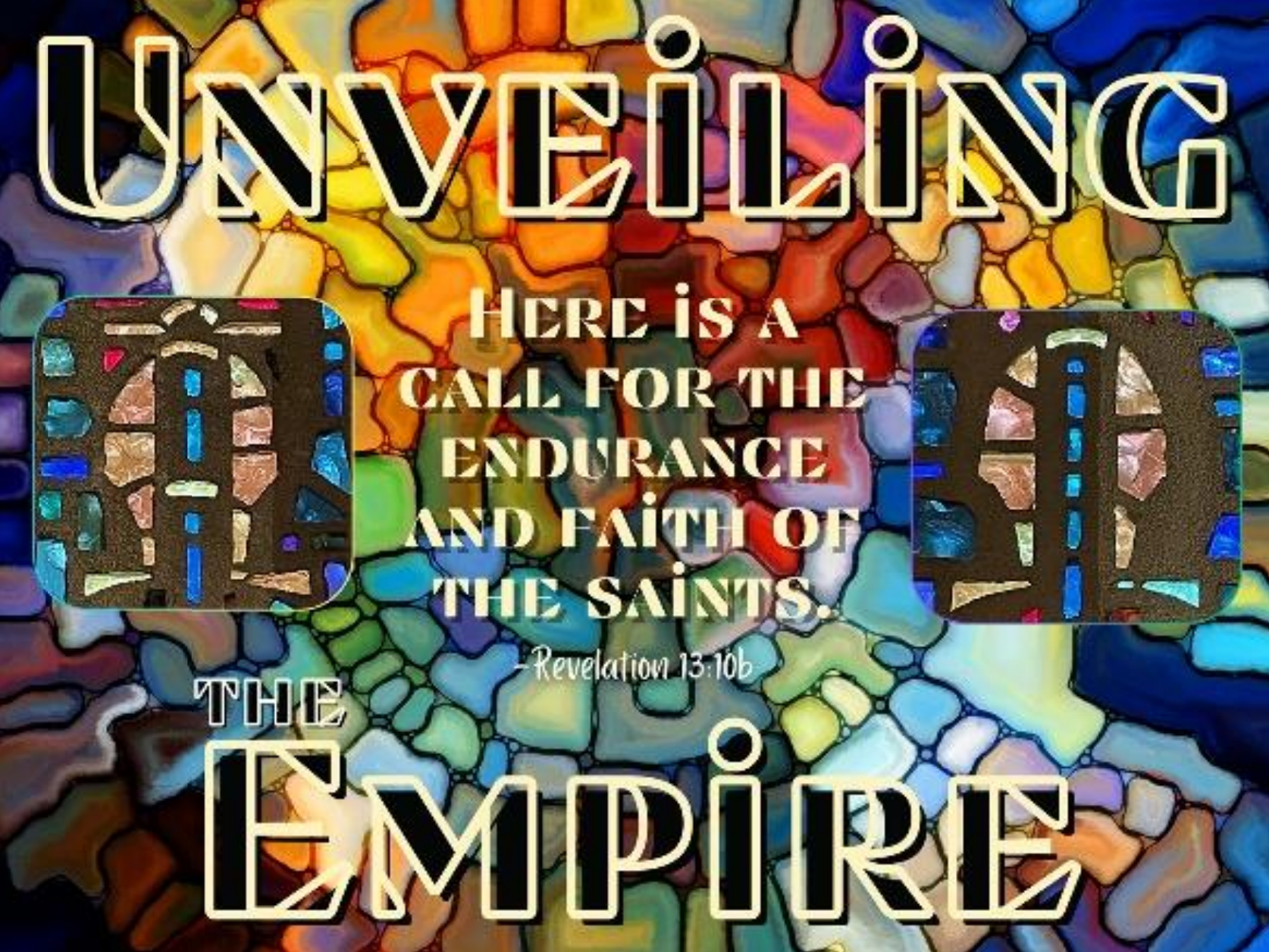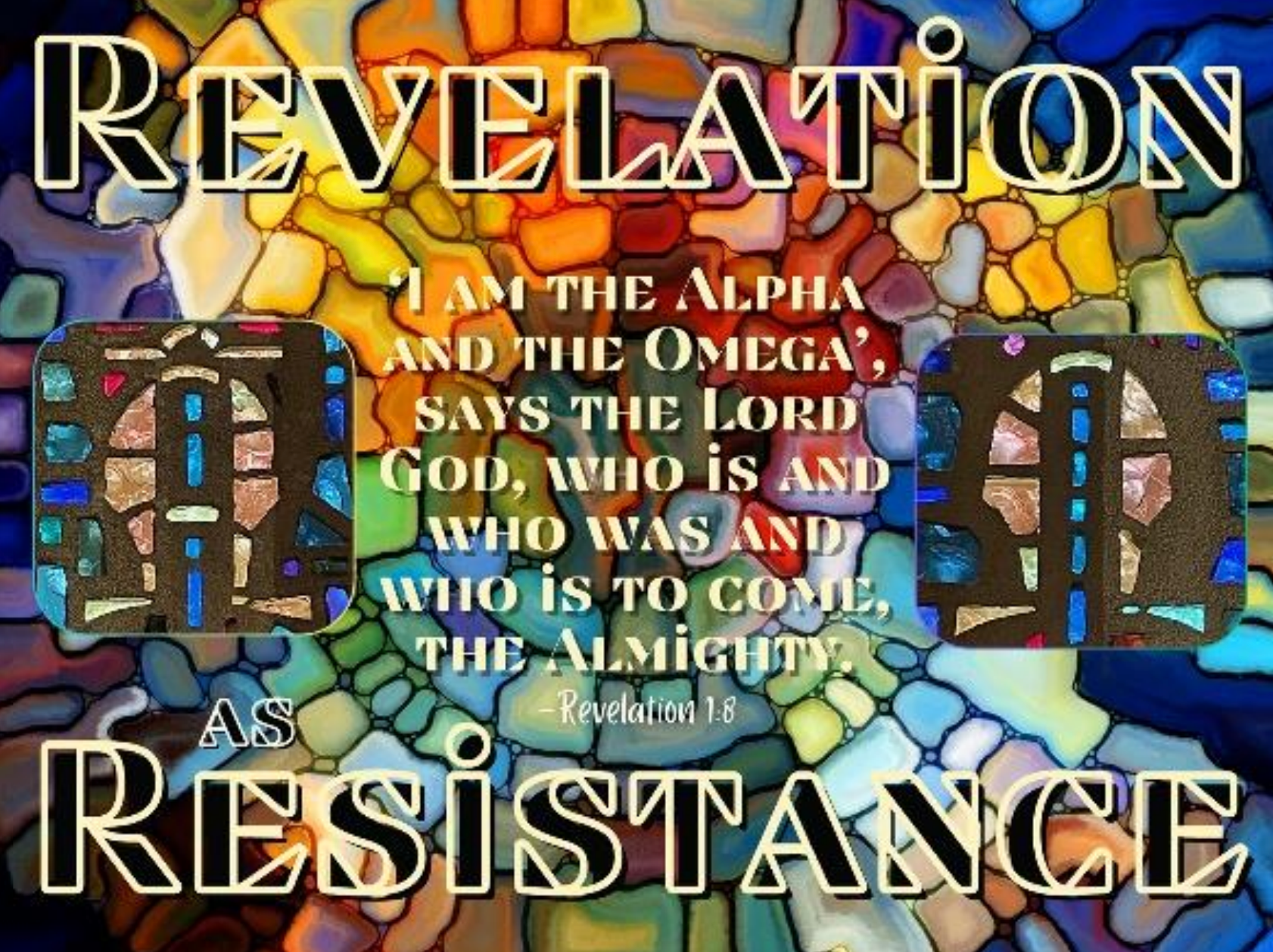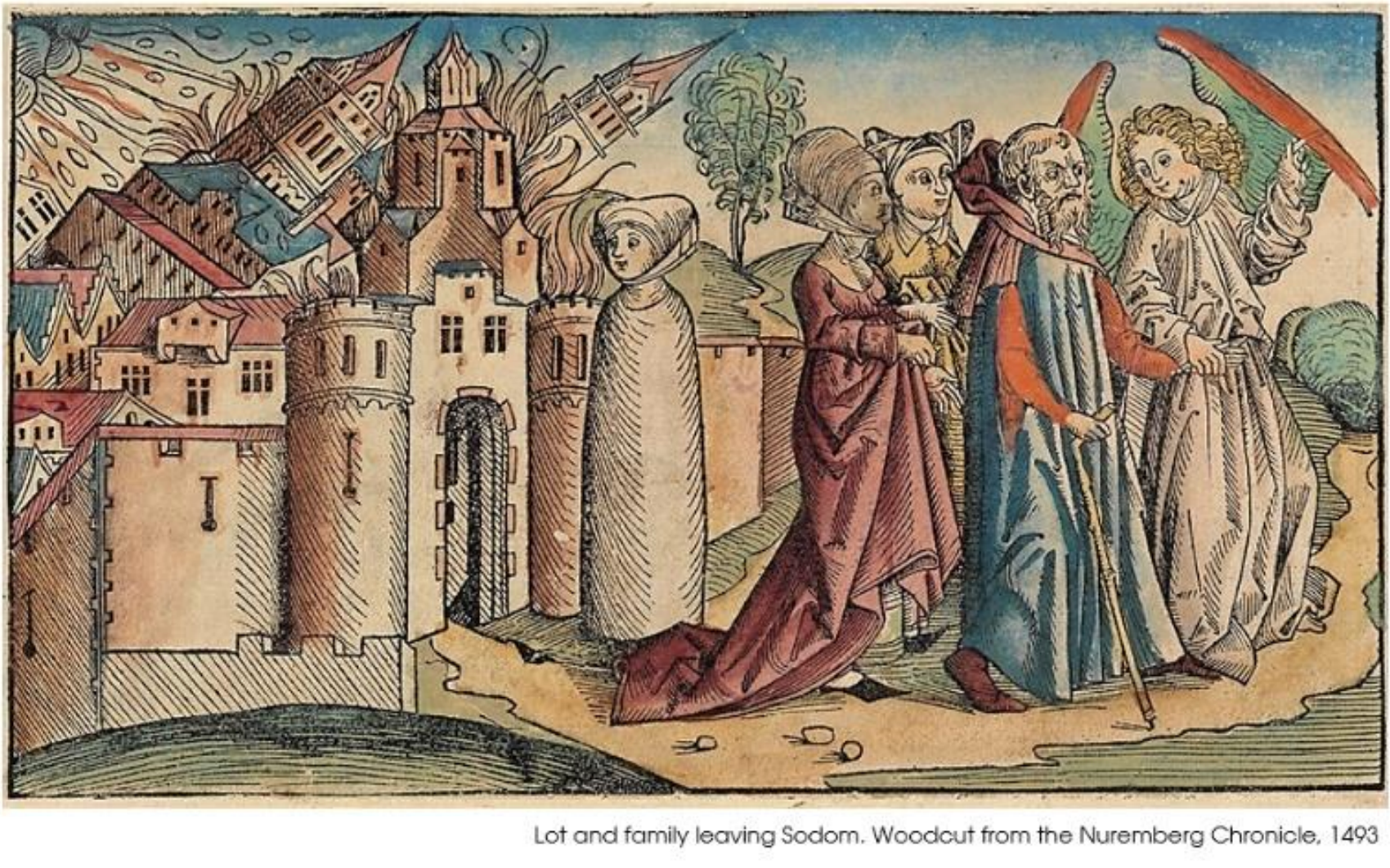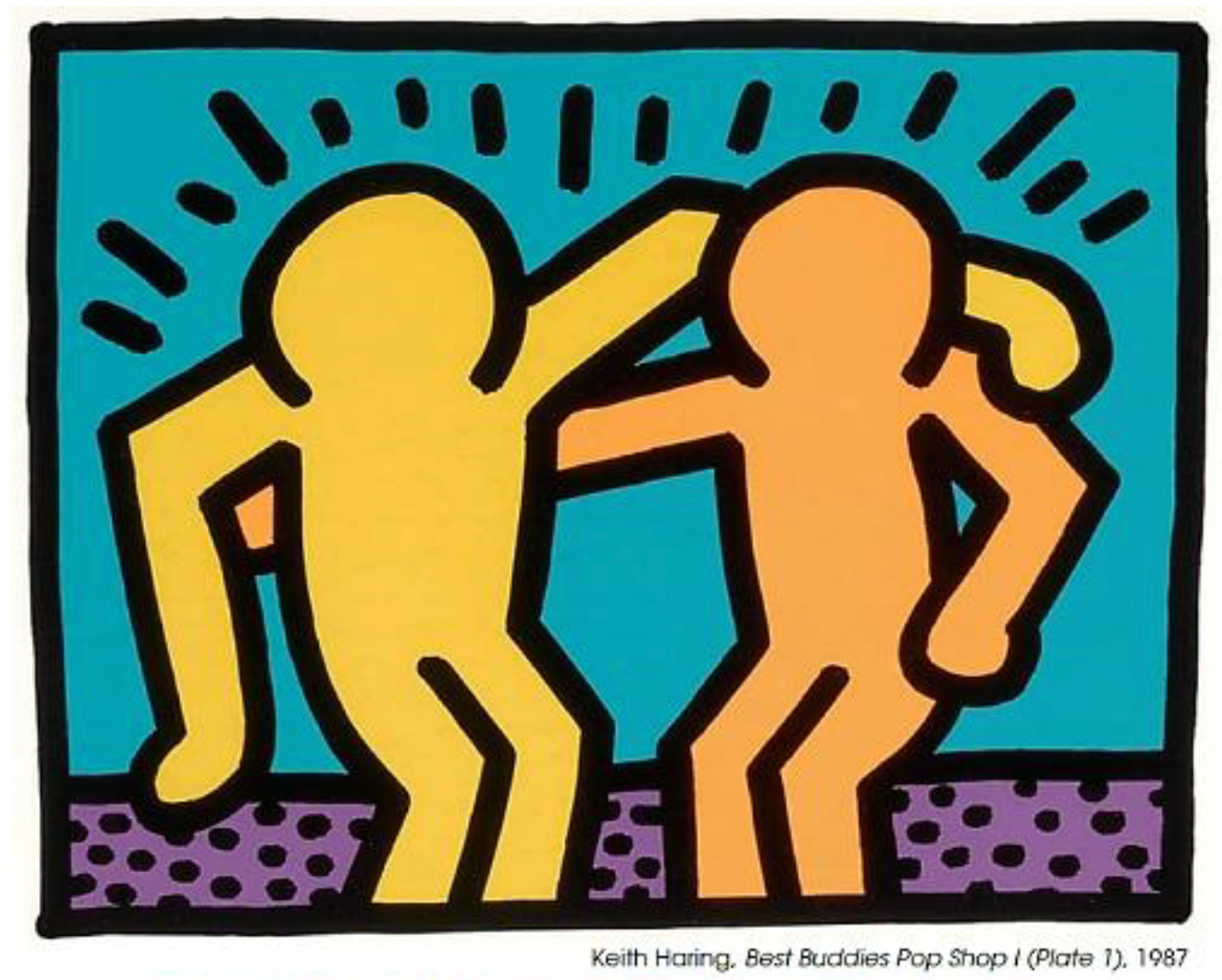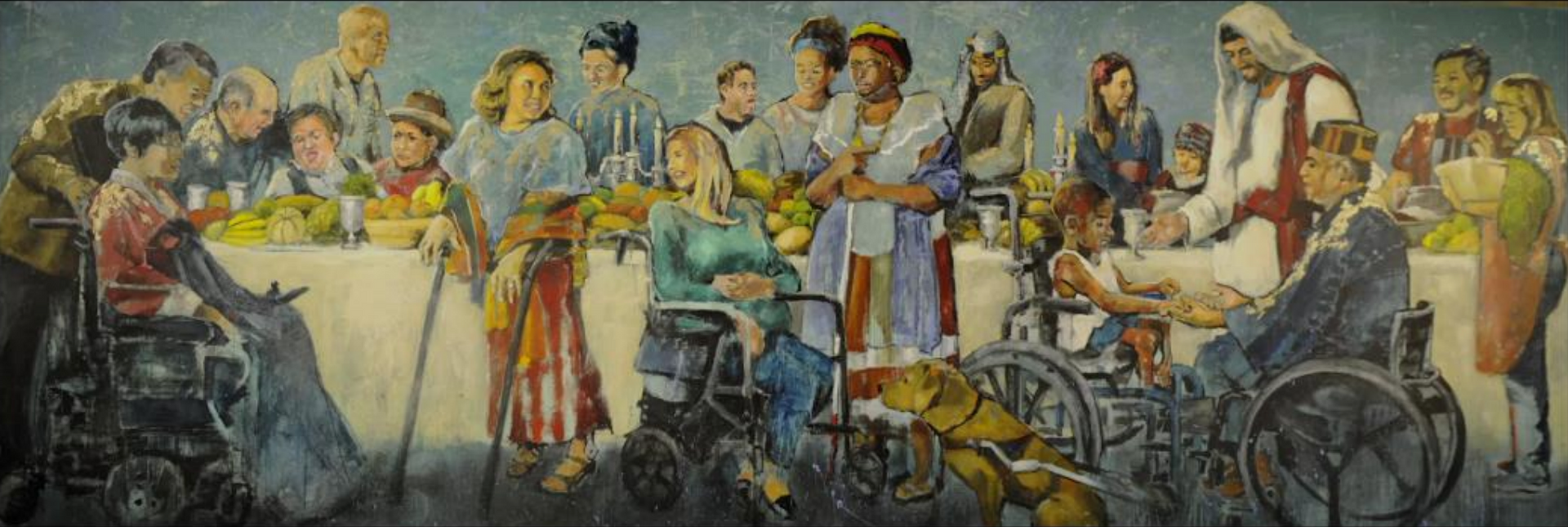What Does the Pew Research Center Say About Children and Teens Taking After Their Parents Religiously?
We as parents or adults working with children and teens know that our actions stick in the minds of our children more than our words. If we create time to be with our children and teens, they notice. How does this act of being present figure into the Pew Research Center’s survey data about teens and their approach to religion and spirituality?
We learned from the
March 29 – April 13, 2019 survey, that most teens (ages 13 to 17) shared the religious affiliation of their parents or legal guardians. Interestingly enough, 80% of children and teens identified with their parents’ Evangelical Protestant practice. Only 6% of Mainline Protestant children and teens identified with their parents’ practice. Those percentages reflect that parents of evangelical church congregations might put more pressure on kids to attend worship and fellowship events. It could also be the noted decline of family participation in Mainline Protestant congregations. “On the whole, U.S. teens attend religious services about as often as their parents do: 44% of U.S. teens say they go to religious services at least once a month, almost exactly the same as the share of their parents who say they attend monthly (43%).
When we look at the data offered by teens, we wonder how their faith-formation as a child affected the outcome. Did the family begin attending church when the child was young, and so the tradition or habit formed a grounded practice over time? Did they start attending with family when the child became a teen, as there were more social and spiritual events geared for teens? Other Pew Research cited that a strong factor in young adults returning to church was the presence of influential adults who connected with them during their formative years at church.
How does the pandemic factor into how families are attending church? Pew did another study in March 22, 2022 “More houses of worship are returning to normal operations, but in-person attendance is unchanged since fall.” Even with houses of worship open for in-person services and fellowship events, people are still connecting online. Last fall 2021, the online streaming declined and about one-third of the surveyed U.S. adults said that “they typically go to religious services once or twice a month.” Roughly one-in-five U.S. adult regular attenders reported that they had neither attended in person nor watched virtually in the last month.”
On September 11, Calvary Homecoming, 19 children and 20 youth attended the service. That tripled the in-person children/youth attendance Calvary consistently had throughout 2021 and part of 2022. For three weeks, we have been seeing this rise in participation. We hope that community grows and inspires families, children, and teens to see their friends at church. As last Sunday’s sermon title said, “You can’t lead alone.” Moses needed Aaron to face Pharaoh, so that they could loosen the bonds of slavery and move toward a new life with the Hebrew People.
